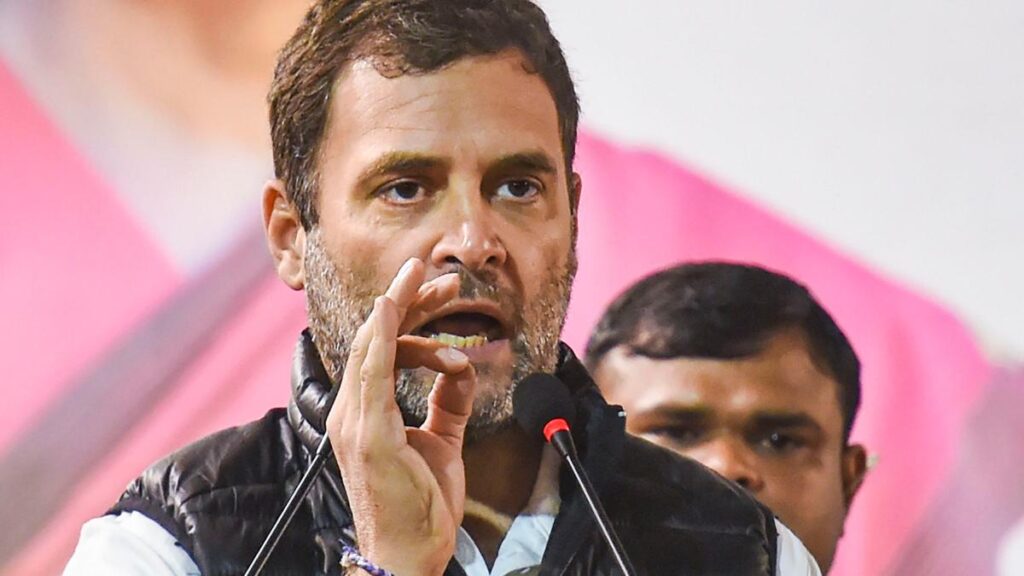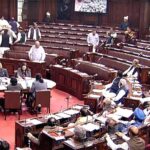The Bharatiya Janata Party (BJP) has intensified its call for Congress leader Rahul Gandhi to issue a public apology following a recent Supreme Court ruling concerning the National Eligibility cum Entrance Test (NEET). The apex court’s decision, which addressed several grievances related to the exam’s administration and implementation, has become a focal point for political debate.
The Supreme Court’s verdict came as a response to multiple petitions challenging the fairness and transparency of NEET, a critical examination for medical college admissions in India. The court’s decision largely upheld the current procedures but did acknowledge some procedural shortcomings that could affect students’ chances. This ruling has become a key issue in the political discourse, with both the BJP and Congress using it to further their agendas.
The BJP alleges that Rahul Gandhi’s previous statements and actions regarding NEET were misleading and politically motivated. The party’s leadership argues that Gandhi’s criticisms of NEET were not only factually incorrect but also aimed at undermining the examination’s credibility. In light of the Supreme Court’s judgment, which did not entirely support Gandhi’s claims, the BJP is now demanding an apology.
This situation highlights the ongoing political tension between the BJP and Congress. The BJP has used the court’s decision to underscore what it views as the Congress party’s failure to engage constructively with issues of public concern. By pressing for an apology, the BJP aims to weaken Gandhi’s political standing and reinforce its own position on educational reforms and governance.
The Congress party, on the other hand, maintains that its criticisms of NEET were valid and driven by genuine concerns for students’ welfare. Congress leaders argue that the Supreme Court’s acknowledgment of procedural flaws validates their position and underscores the need for continued scrutiny and reform. They contend that the BJP’s demands for an apology are politically motivated and an attempt to divert attention from broader issues affecting the education system.
Amidst this political clash, the broader implications of the Supreme Court’s verdict on NEET remain significant. The decision underscores ongoing debates about the fairness of competitive examinations in India, a topic that has been a point of contention for years. Critics argue that NEET, while a standardized test, can disadvantage students from less privileged backgrounds and those who face systemic barriers in accessing quality education.
The ruling could prompt a reassessment of NEET’s procedures and policies. There is growing pressure from various stakeholders, including educational experts and student advocacy groups, to address the concerns highlighted by the court. These concerns include the need for more transparent evaluation processes and mechanisms to ensure that all students have an equal opportunity to succeed.
As the BJP continues to leverage the court’s decision to press for an apology from Rahul Gandhi, the broader debate over NEET and its impact on India’s education system is likely to intensify. This ongoing political and social dialogue highlights the complexities of implementing standardized tests in a diverse and populous nation like India, where educational disparities and access to resources remain significant issues.
The developments surrounding NEET and the Supreme Court’s verdict are poised to influence both the political landscape and the discourse on educational reforms in India.




 INDIA Bloc Parties Plan NITI Aayog Boycott
INDIA Bloc Parties Plan NITI Aayog Boycott 